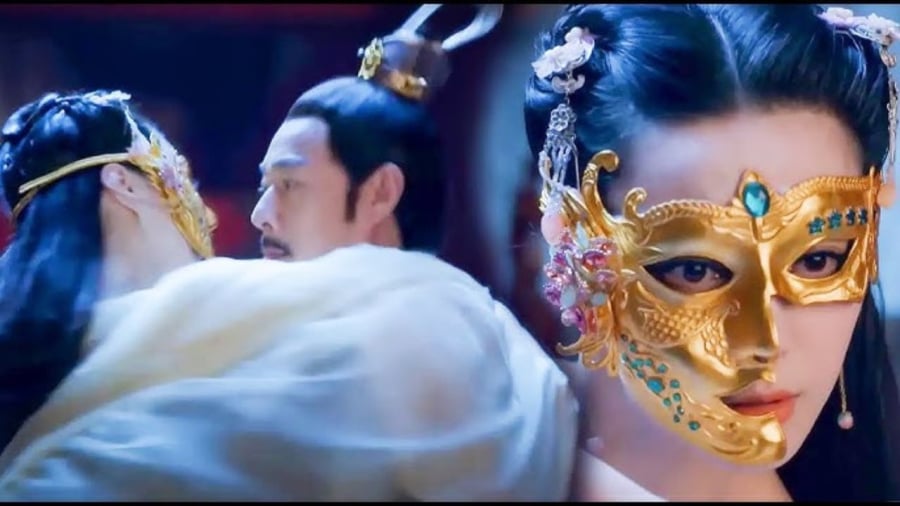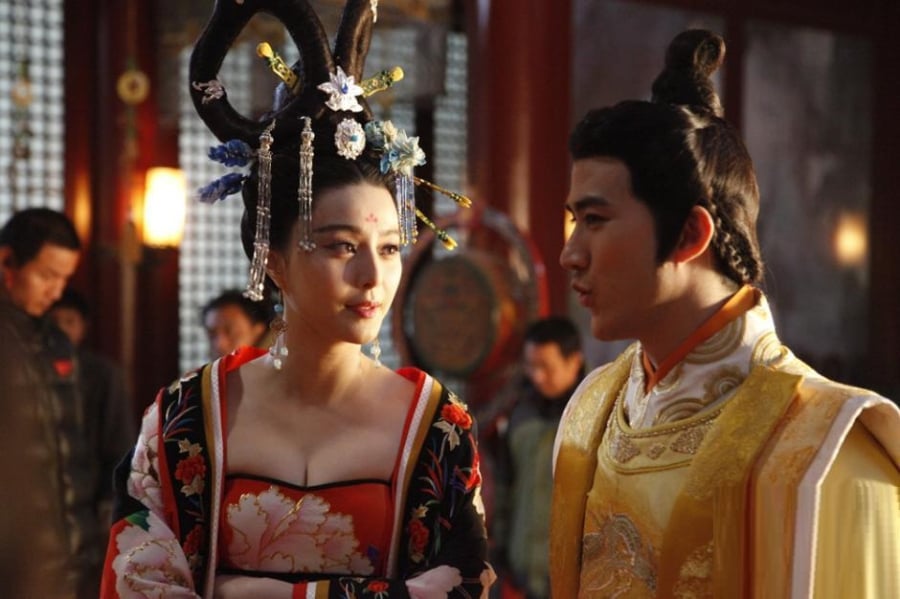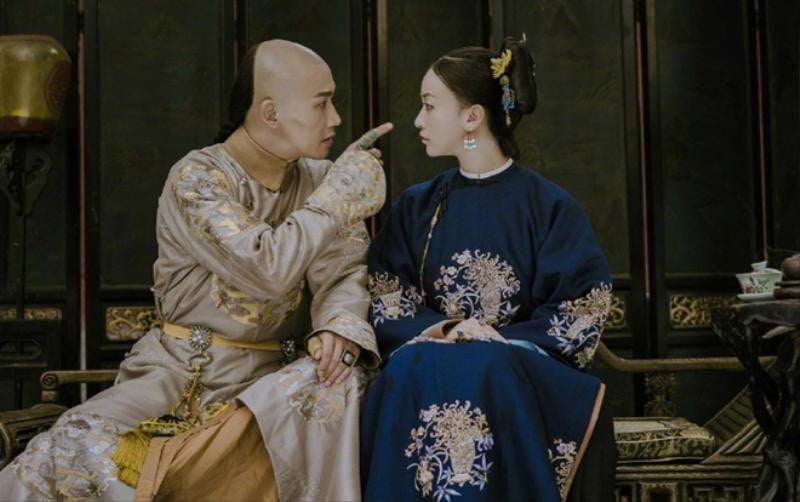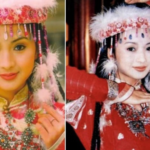In feudal times, having multiple wives and concubines was common for men. The position of women in this society was not high, and they were often seen as mere tools for childbirth. If a wife gave birth to a prince, her life would be “transformed”. This was especially evident in the royal palace.
What are the harem concubines most afraid of after being favored by the Emperor?

Harem concubines who wanted a higher position and more favor had to give birth to a prince, or at least a princess. However, not only did they have to compete in the harem, but getting pregnant was also not easy.
The decision to get pregnant and have children was not up to the concubines. After being favored by the Emperor, he would decide whether the concubine could conceive a dragon or not.
If the Emperor refused to let a concubine conceive a dragon, a eunuch from the Inner Palace would use tricks to prevent it from happening. This was also the thing that concubines feared the most after being favored by the Emperor.

On the contrary, if the Emperor agreed, the eunuch from Jing’s dormitory would carefully record the dates for cross-referencing and verifying if the concubine’s body had the potential for a dragon pregnancy.
Most of the concubines who were not chosen by the Emperor to conceive a dragon were those with ulterior motives or noble backgrounds, posing a threat to his position. In addition, some concubines with low status were also not allowed by the Emperor to bear female children.
Who is the most favored beauty in the harem by Emperor Qianlong?
Chinese history records that despite having many beauties in the harem, Qianlong always favored Empress Leng (Empress Giai). Empress Leng, also known as Empress Giai, came from the Chinh Hoang Ky Bao y and served the Manchus.
When she reached adulthood, thanks to her belonging to the Inner Court, Empress Giai was selected to enter the palace during the annual Inner Court recruitment. Due to her extraordinary beauty and talent in calligraphy, she quickly advanced through the ranks in Qianlong’s harem.
It is not clear when she officially became the primary concubine of Emperor Qianlong, but the earliest records about her date back to the 10th year of Qianlong (1745), January 23rd (lunar calendar), when Emperor Qianlong issued an edict to confer the title “Quy Nhan” to Empress Giai.
With the title “Quy Nhan,” the other concubines would receive titles, and Empress Giai’s title was chosen to be “Leng,” which means “Intelligence” or “Insight” in the Manchu language.
In the 21st year of Qianlong (1756), Emperor Qianlong decided to promote the harem and awarded Empress Giai the title “Leng Quy phi.” In the 24th year of Qianlong (1759), Emperor Qianlong issued an edict to promote “Leng Quy phi” to “Hoang Quy phi.” In the 30th year of Qianlong (1765), Emperor Qianlong sought the opinion of Empress Dowager Sung Khanh Hoang, and following the wishes of the Empress Dowager, he issued an edict to confer the title of “Hoang Quy phi” on “Leng Quy phi.”
Being the highest-ranking concubine, Empress Giai held the position of Hoang Quy phi – the concubine with the highest rank, leading the harem for more than 10 years. She also became the last Hoang Quy phi under Qianlong’s reign. Although during her lifetime, her highest title was Hoang Quy phi, after her death, she was posthumously honored as the Empress because she was the biological mother of Emperor Jiaqing, the successor chosen by Qianlong due to his affection for her.

Initially, during the 10 years in the palace, she was unable to conceive. According to the feudal beliefs of ancient China, when a woman couldn’t have children, she would be abandoned by her family, especially her husband. However, Empress Giai’s position was not threatened. When she turned 29, she gave birth to four princes and two princesses. Thanks to giving birth to many children for Qianlong, Empress Giai received even more favor from the Emperor. Many believe that one reason why Prince Yongyan, her son, was chosen by Emperor Qianlong as his successor was also due to his father’s affection for her.
In the 40th year of Qianlong’s reign, Empress Giai passed away at the age of 47. Deeply saddened, Qianlong halted court ceremonies for five days to mourn her, and bestowed upon her the posthumous title “Leng Yi Hoang Quy phi.” In addition, he wrote a poem called “Leng Yi Hoang Quy phi van thi” to commemorate her.
Furthermore, she was the fifth and last person buried with Qianlong in the imperial tomb. Her coffin was placed on the right side of Qianlong’s imperial coffin. This also shows Qianlong’s profound love for Empress Giai, although he could not grant her the highest position in the harem.
Who did Emperor Qianlong love the most?
With a royal harem filled with thousands of beautiful concubines, do you know whom Emperor Kangxi favored?



































